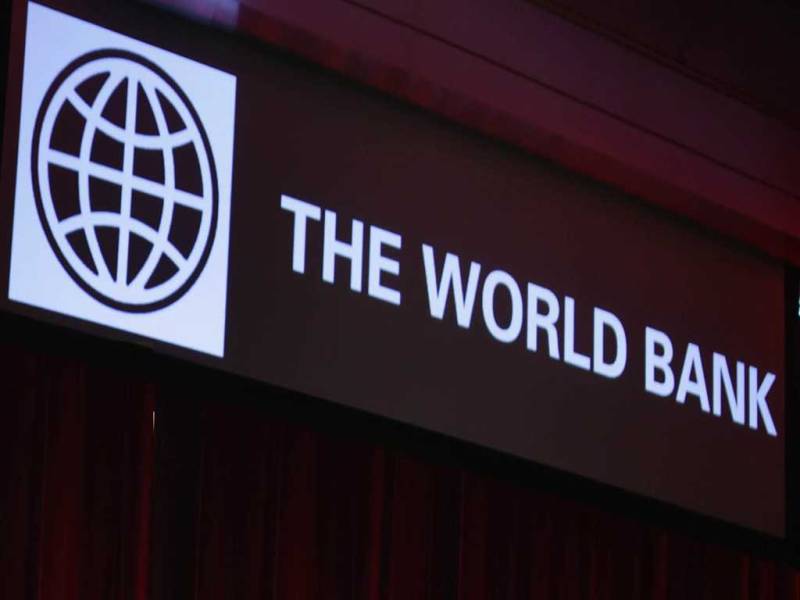Pandemic a 'perfect storm' for South Asia, says World Bank

Stay tuned with 24 News HD Android App

South Asia is on course for its worst economic performance in 40 years, with decades of progress in the battle against poverty at risk, because of coronavirus, the World Bank said Sunday.
India, Bangladesh, Pakistan, Afghanistan and other smaller nations, which have 1.8 billion people and some of the planet's most densely populated cities, have so far reported relatively few coronavirus cases but experts fear they could be the next hotspots.
The dire economic effects are already much in evidence, with widespread lockdowns freezing most normal activity, Western factory orders cancelled and vast numbers of poor workers suddenly jobless.
"South Asia finds itself in a perfect storm of adverse effects. Tourism has dried up, supply chains have been disrupted, demand for garments has collapsed and consumer and investor sentiments have deteriorated," said a World Bank report.
It slashed its growth forecast for the region this year to 1.8-2.8 percent from its pre-pandemic projection of 6.3 percent, with at least half the countries falling into "deep recession".
Worst hit will be the Maldives where the collapse of tourism will result in gross domestic output contracting by as much as 13 percent, while Afghanistan could shrink by as much as 5.9 percent and Pakistan by up to 2.2 percent.
Regional heavyweight India, where the fiscal year began on April 1, will see growth of just 1.5-2.8 percent in its current financial year, down from an expected 4.8-5.0 percent for the year just ended, the bank predicted.
Inequality
The report also warned that the pandemic will reinforce inequality in the region, with the pandemic hitting informal workers with limited or no access to healthcare or social safety the hardest.
In India for instance, the world's biggest lockdown has prompted hundreds of thousands of migrant workers to return to their home villages, many on foot.
Governments need to "ramp up action to curb the health emergency, protect their people, especially the poorest and most vulnerable, and set the stage now for fast economic recovery," the World Bank said.
In the short term this means preparing weak healthcare systems, providing safety nets and securing access to food, medical supplies and necessities for the most vulnerable, it advised.
It recommended temporary work programmes for migrant workers, debt relief for business and individuals and cutting red tape on imports and exports of essential goods.
And once the crisis is over, governments need urgently to pursue "innovative policies" and jumpstart economies.
"Failure to do so can lead to long-term growth disruptions and reverse hard-won progress in reducing poverty," the bank's Hartwig Schafer said.
The World Bank is taking "broad, fast action", deploying up to $160 billion in financial support over the next 15 months to help countries protect the poor and vulnerable, support businesses, and bolster economic recovery.
